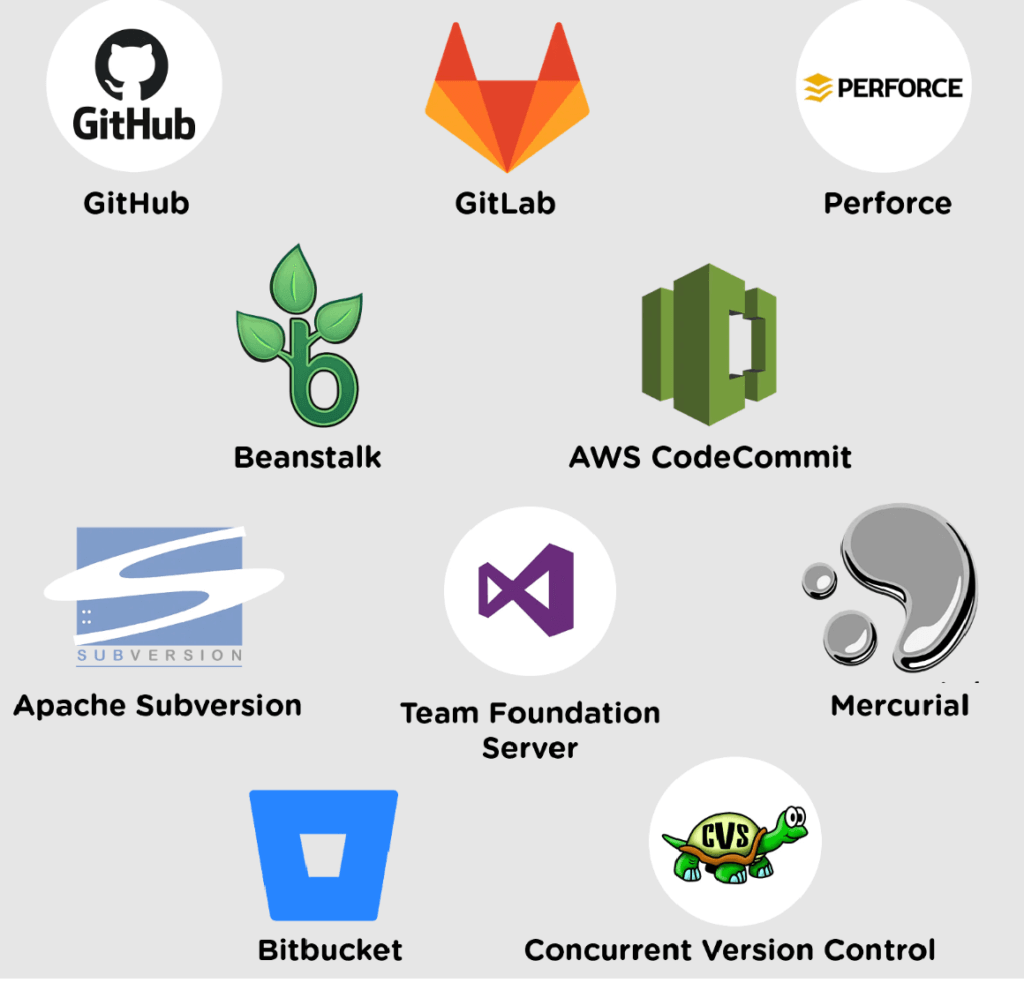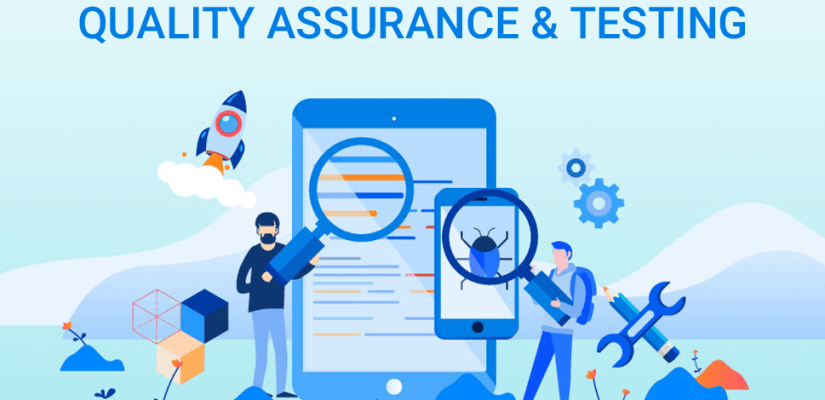
Five important and useful skills that all software developers should learn during their school years to ensure that they thrive in the world of software development and become a professional at what they do. In developing software that is continually evolving, the knowledge and abilities obtained through college hold great importance in shaping a programmer’s career. As technological advancements continue within the industry, many software developers wish they had diversified their skillset during their time at college.
Top 5 Essential Software Developer Skills They Wish They’d Learned in College
Employers today seek more than just traditional programming experience from their employees. Apparently, they look for a range of desired skills, including those not commonly taught in computer science curriculums. Project management demands diverse skills ranging from soft skills like business acumen to testing methodologies, and version control systems expertise, all of which developers understand are crucial for delivering successful software solutions. This article will discuss some of the skills software developers wish they had learned while in college and the impact it would have made on their lives.
1. Collaboration and Communication Skills
The career of a software developer requires the essential skillsets of effective communication and team effort, and the modern landscape of software development demands that projects are achieved through cooperation. Developers typically collaborate in teams with people with various skill sets and backgrounds. Developers with collaborative abilities can jointly leverage each other’s strengths to tackle even the most challenging issues. Developers are encouraged to participate actively in brainstorming sessions with code reviews to share ideas and offer constructive feedback for mutual benefits, and communicating technical updates accurately and succinctly is vital for effectively engaging with tech-savvy and non-tech individuals.

Communicating effectively guarantees that everyone understands each other while developing mutual trust and maintaining a positive working relationship. The clarity in expectation arises from active listening to coworkers’ perspectives which is essential for building a positive and inclusive team culture, and collaboration and communication expertise are essential attributes in software development roles because it helps establish strong team dynamics, ensuring high-performance levels while delivering projects with outcomes meeting the requirements of both organizations as well as their stakeholders.
2. Soft Skills and Business Acumen
Developing non-technical abilities like collaboration and negotiation alongside technical expertise is essential for software developers. Soft problem-solving skills combined with critical thinking facilitate the analysis of complex issues by breaking them down into smaller components to find effective solutions. Prioritizing work according to importance with good time management skills can help developers achieve maximum efficiency in meeting deadlines.

Additionally, adapting quickly to changing requirements is essential for success in a dynamic industry where shifting priorities are common. Building up a repertoire of soft skills and business expertise is beneficial for software developers, alongside having strong technical abilities. Developers can develop successful strategies by breaking challenging problems into simpler ones using soft problem-solving skills. With proficient time management skills, developers can prioritize tasks efficiently, improving productivity.
Additionally, it’s essential to understand both the business context and customer needs with equal importance. Organizational goals provide context for software development projects; developers can ensure their work aligns with the overall objective by understanding these objectives and specific end-user needs. As a result, developers can come up with valuable and efficient solutions that help with organizational success due to this comprehension. At Peachy Essay, you will find experienced writers who can support students in developing their soft skills.
3. Version Control Systems
Version control systems are indispensable tools for software developers who seek to manage and monitor changes within their codebase effectively. However, many developers sadly realize that their academic qualifications must adequately focus on version control and its associated good practices. Using popular version control systems such as Git is essential for efficient developer teamwork since it provides a central platform for storing codes while ensuring that numerous contractors can collaborate on the same project.

Managing code changes efficiently requires comprehending essential concepts such as resolving conflicts and merging. Merging combines all separate developments by independent developers who have worked on various features or bug fixes through branching. Sometimes, several developers edit a single file at once and apply inconsistent changes, which could cause conflicts.
4. Testing and Quality Assurance
Integrating testing and quality assurance into the software development process is key to ensuring that the final product satisfies high functionality, reliability, and user satisfaction standards. However, many developers need more exposure to testing methodologies and tools their college courses offer. Suppose developers are knowledgeable about different testing frameworks such as JUnit or Selenium. In that case, it gives them the ability to develop and carry out tests that individually confirm units of code and test interactions between multiple components.

Test-driven development principles dictate that tests should be written before code, with understanding leading developers towards creating more robust and easier-maintained software. Quality assurance coupled with an emphasis on testing throughout a developer’s education enhances their ability to identify issues early during the development cycle. This helps ensure that developed software is more reliable, resulting in happier customers.
5. Project Management and Agile Methodologies
A developer’s ability to manage projects and apply Agile methodologies is paramount in tackling complex software development endeavors. Developers who understand the importance of coding skills and fundamental project management principles, including an understanding of Agile methods like Scrum or Kanban, will be crucial in contributing effectively to their team and delivering successful projects. To ensure success in a given project, it’s important to consider certain factors like accurately defining its scope, setting feasible timelines, and identifying appropriate resources.

Recommended reading: Agile Development Fundamentals
Project management knowledge allows developers to participate actively in planning work, such as contributing accurate assessments and connecting their tasks with the targets of projects. Flexibility and adaptability are central to Scrum’s focus on iterative and incremental development and other Agile Methodologies. Understanding Agile principles and dividing tasks into manageable chunks can lead to more effective developer collaboration.
FURTHER READING: |
1. The Role of .io Domains in the Startup Ecosystem |
2. Mastering Photos App on Mac: Tips and Tricks |
3. What Does a Data Analyst Do? Duties, Tools & Impacts |
Conclusion
In conclusion, the software development field evolves rapidly, requiring developers to possess specific skill sets that may have yet to be taught at university. Developers need to understand that even though a college education builds a strong foundation in technical knowledge, it is essential for them to have complementary skills that can enhance their professional development. To achieve efficient team dynamics and solid client relations, it is necessary to have good collaboration as well as communication skills.
Additionally, proficiency with a version control system allows for easy supervision of project progress. Mastery over testing methodologies is essential for maintaining the quality of software produced, while the ability to manage projects effectively and an understanding of Agile principles leads to successful delivery. Moreover, soft skills and business acumen are key for developers in satisfying customer needs by aligning their work with organizational goals.






Read more topics
You may also like





























































